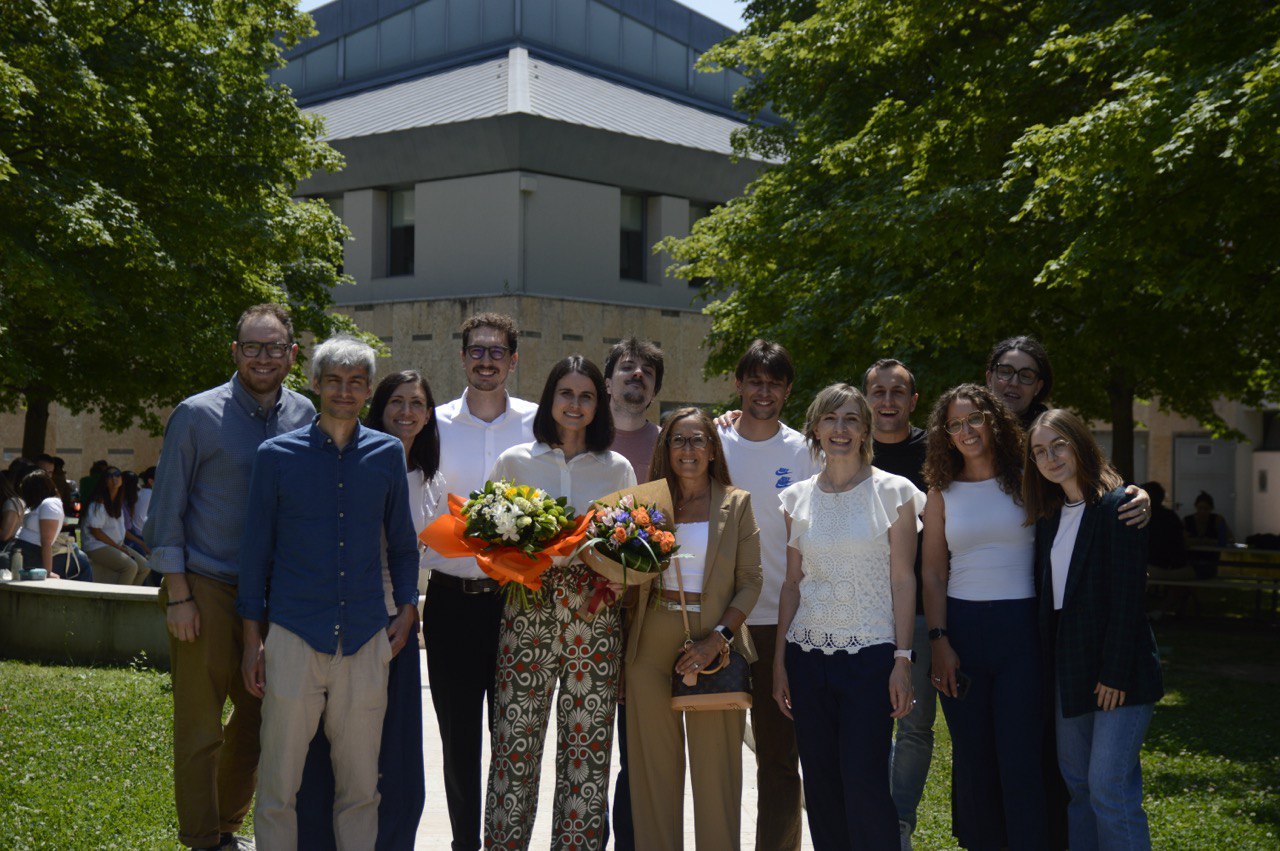
Mission
The mission of BraiNavLab is to explore, model, and understand the intricate structure and function of the human brain, uncovering how these are shaped by their underlying genetic determinants. To achieve this, the lab leverages cutting-edge statistical, machine learning, and deep learning methodologies.
Our current research is centered on advancing models of structural, functional, and effective connectivity, as well as brain microstructure, imaging genetics, and brain-computer interfaces (BCI). In the field of ML/DL, we place a strong emphasis on developing explainable AI techniques—designed not only to deliver accurate results but also to open the black box and make algorithmic insights transparent and interpretable.
BraiNavLab's activities span a wide range of applications, bridging fundamental neuroscience and translational research, with a particular focus on neurodegenerative diseases such as Alzheimer's disease, multiple sclerosis, stroke, and epilepsy.
Beyond research, the lab is actively involved in international standardization efforts, contributing to initiatives such as ISO/IEC JTC1, the JPEG DNA Interest Group, and DICOM WG32, helping shape the future of biomedical data representation and interoperability.
National and International Partners
BraiNavLab collaborates with leading national and international institutions and organizations, fostering innovation and rigorous research to advance the frontiers of brain science and its related fields. Through these partnerships, the lab actively contributes to knowledge exchange, the development of cutting-edge methodologies, and the translation of scientific discoveries into impactful real-world applications.
